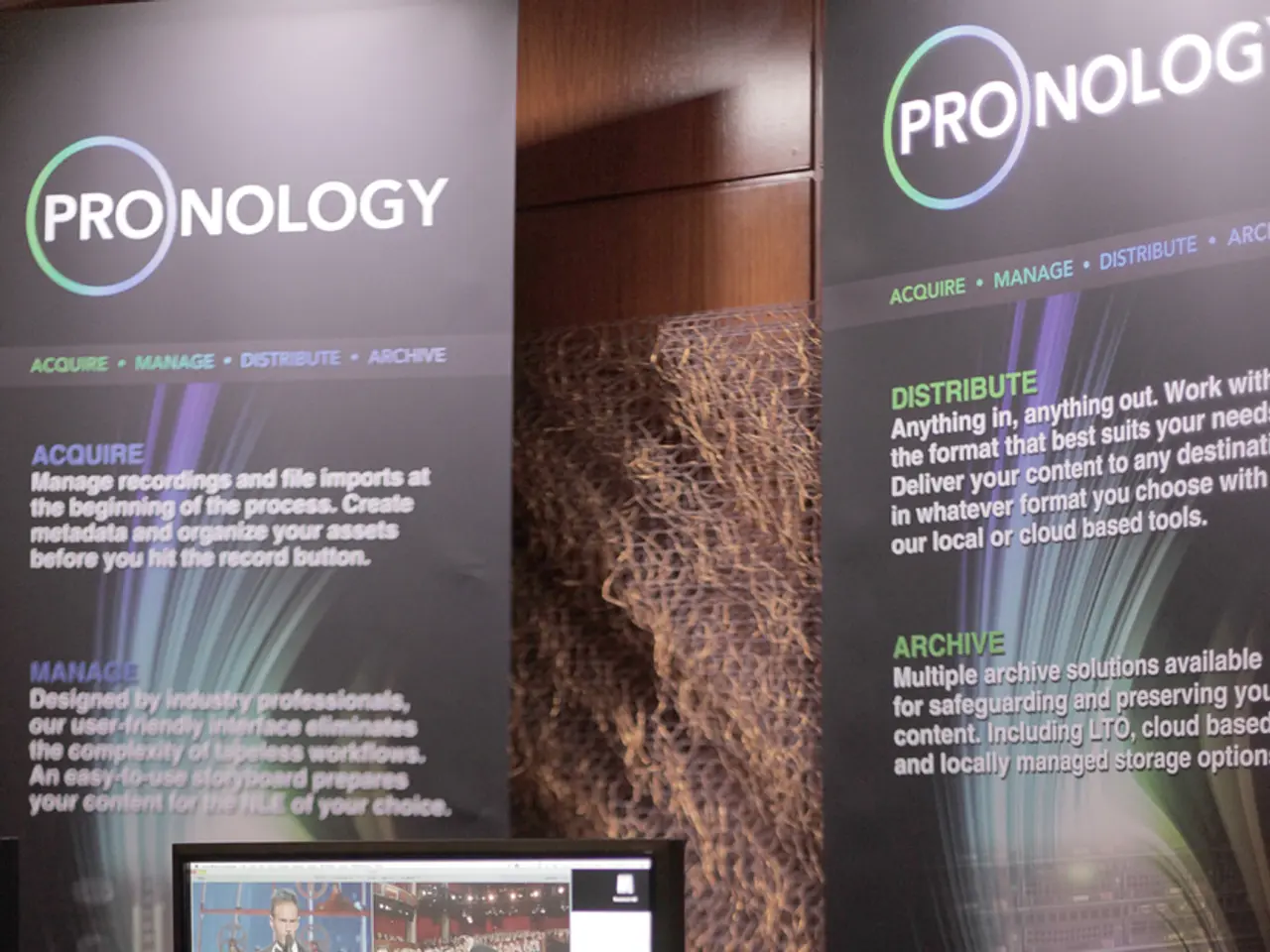Court security personnel repeatedly screen and search a black judge for potential weapons or prohibited items upon her entry.
Lady Justice Cordella Bart-Stewart, a part-time immigration and asylum tribunal judge in the UK, has brought attention to a concerning issue - routinely being subjected to security searches in court. The specific reason for these searches remains unclear, but the incident underscores broader concerns about racial bias and differential treatment within judicial settings.
In response, there is a growing call for reform and greater awareness of racial disparities in the legal system. The Black Judges Association has received significant support, including from the Supreme Court, indicating a serious commitment to addressing these concerns. However, specific actions or policies to directly address Judge Bart-Stewart's situation are not explicitly mentioned in available sources.
Addressing racial bias in security protocols and legal settings often involves policy reforms, training and education, and public awareness and advocacy. Governments and institutions may implement policies to ensure fair treatment and prevent racial profiling. Providing training for security staff to recognize and avoid biased practices can help reduce unnecessary searches. Raising awareness through media and advocacy groups can pressure institutions to address systemic issues.
Lady Justice Bart-Stewart, who co-founded the Black Solicitors' Network, has been a trailblazer in the legal profession. Born in Montego Bay, Jamaica, but raised in England after her parents moved when she was six months old, she was inspired by the American Civil Rights movement and the TV show Perry Mason to become a solicitor. She studied law at North Staffordshire Polytechnic (now Staffordshire University) and completed her training in London. In 1987, she qualified as a lawyer and launched her own firm, Stewart & Co, in 1990.
Her career in law took a significant turn in 2000 when she applied for a judicial post, encouraged by then Labour lord chancellor, Lord Irvine of Lairg, who wanted more black lawyers to become judges. She was appointed as a Recorder in 2003 and became a High Court judge in 2018, taking the title of Lady Justice Bart-Stewart.
In addition to her concerns about security searches, Lady Justice Bart-Stewart is advocating for several reforms in the judicial system. She is calling for an end to the 'statutory consultation' process in judicial appointments and is advocating for the use of artificial intelligence to design a fairer judicial recruitment process.
Lady Justice Bart-Stewart's family was the first black family on the street where they lived in a Victorian semi-detached house. Despite facing challenges, she has been recognised for her service to the legal profession and voluntary service to diversity and education, receiving an OBE in 2010.
As the UK strives for a fair and equitable legal system, the experiences of judges like Lady Justice Bart-Stewart serve as a reminder of the work that still needs to be done to address racial bias and ensure fair treatment for all.
- In light of Lady Justice Bart-Stewart's concerns about racial bias in the legal system, there is a need for policy reforms to address diverse aspects, such as fairness in security protocols, judicial appointments, and diversity-and-inclusion initiatives.
- Recognizing Lady Justice Bart-Stewart's achievements in the legal profession and her commitment to diversity-and-inclusion, career development programs in education-and-self-development can be instrumental in inspiring and nurturing future generations of diverse legal professionals.
- To foster a truly fair and equitable business environment within the legal industry, financial support and resources need to be directed towards diversity-and-inclusion initiatives, training programs, and advocacy groups, reflecting the importance of these aspects in the careers of judges and solicitors.




